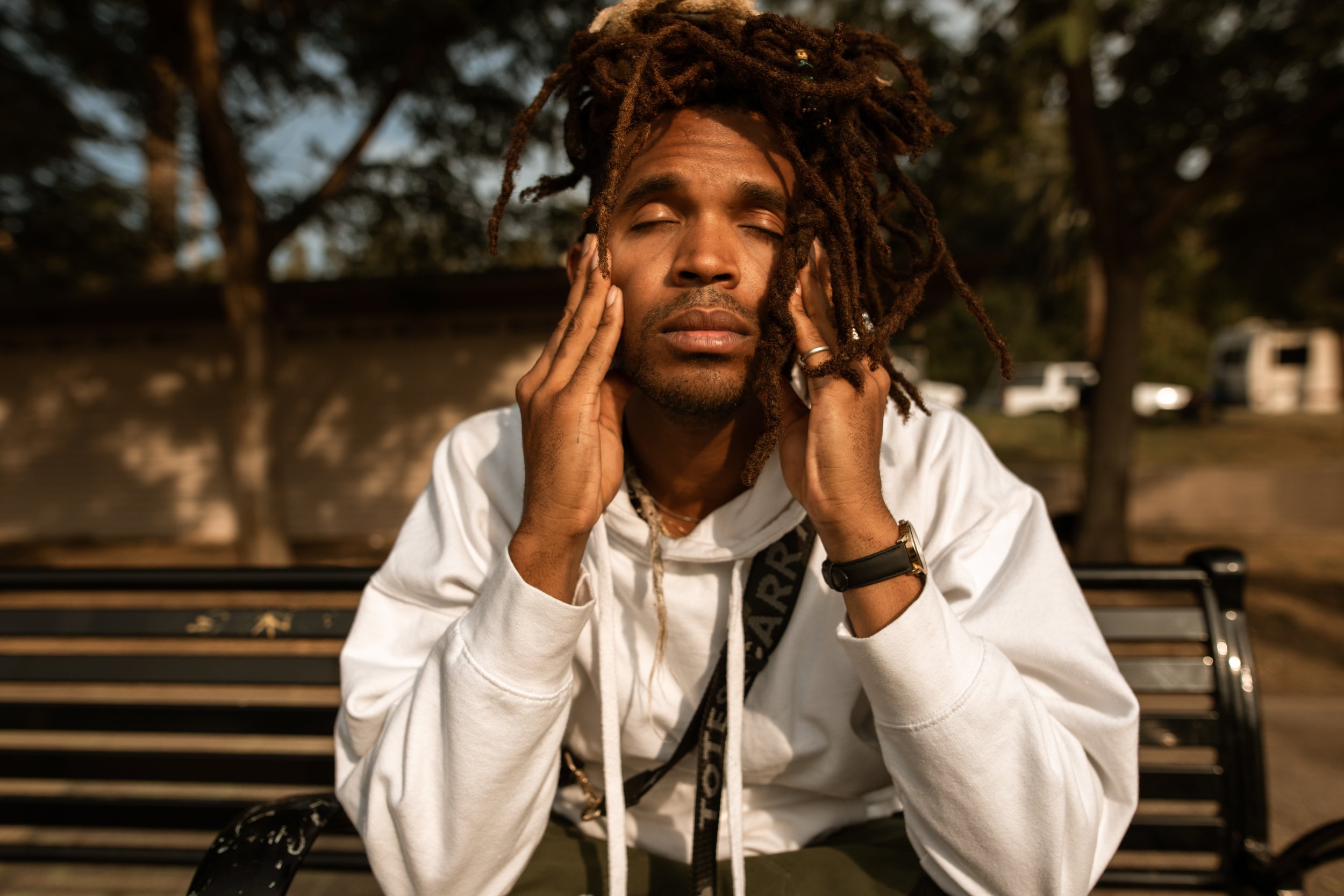Mental Health in Black and Brown Communities
Good mental health, and more importantly, the lack thereof, may appear on the surface to be indiscriminate, yet we cannot ignore the fact that people of colour continue to have very different experiences and relationships with mental health. This is largely due to the added complexities of racial discrimination and inequality.
There are many factors to consider when discussing or addressing mental health—our societies, the way we are raised, and our own often deep-rooted ideologies and biases have a direct effect on how we view and experience mental health in ourselves and others.
Socioeconomic status, unfortunately, also plays a key role in both the acknowledgement and treatment of mental health issues.
Rates of mental illness in black and brown individuals are often significantly higher in comparison to their white counterparts.
In fact, black women are far more likely to experience common mental challenges, such as depression and anxiety disorders, while black men are more likely to suffer from various forms of psychosis.
Despite this, white people are more able to access and receive treatment for mental health issues with far better outcomes than those from black and brown backgrounds.
This disparity is further influenced by:
inequalities in education, wealth, and living standards;
prejudice, discrimination, and racism experienced by people of colour;
cultural and societal stigmas about the impacts of mental health issues and subsequent treatment; and
mental health issues are often only identified within the criminal justice system.
Statistically, when compared to their white counterparts, black and brown people are more likely to be directly affected by poverty. This has an unequivocal correlation to the prevalence of social challenges, crime levels, and gender-based violence.
Living in poverty disproportionately affects people of colour, and is known to increase the likelihood of developing and experiencing mental health challenges without treatment.
Additional barriers which limit or prevent investment in mental well-being include:
the impacts of ill mental health are often masked, and symptoms tend to be viewed as signs of weakness;
language constraints create an inability to express, or effectively articulate experiences and the resultant symptoms, to therapists;
stigmas and shame around mental illness in black and brown communities reduce the willingness to actively seek help;
mental health professionals often lack knowledge of cultural, traditional, and religious values, which hinders the ability to build rapport and understanding with patients;
healthcare professionals may not always fully understand or appreciate the impacts of long-term exposure to racism, discrimination, and trauma experienced by people of colour; and
a lack of investment, focus, and adaptation of mental health support modalities and services available to black and brown communities.
Our world is characterised by a wonderful abundance of cultures, each with its own unique customs and internalised belief systems.
Despite all of our progress, we still live in a world that stigmatises mental health dialogue and overlooks the added effects of racism, colonization, and oppression on people of colour.
Culture extends into the realm of mental healthcare, where subjective experience, discrimination, learned self-loathing and helplessness, and disparities in basic service availability have a direct impact on our relationships with mental health.
At the Dandelion Philosophy, our aim is to provide an intentional space for culturally conscious, Afro-centric mental health awareness and healing.
Removing the shame around mental illness is the first step towards progress. Approaching the dialogue about mental health, without bias and judgement, is the beginning of nurturing intentional compassion. Yet to see a true transformation, we also need to consciously recognize and acknowledge our cultural differences and experiences.
We aim to make tangible improvements in mental healthcare, awareness, dialogue, healing intergenerational trauma, and the sharing of experiences.
Through our initiatives, the communities we serve are able to receive relevant treatment and the support needed to empower and liberate themselves from the paralysis of trauma and the negative impacts of avoiding mental health dialogue.
The poem, titled “What was your name?”, explores who we were before our minds, cultures, traditions and identities were stripped away.
This piece, by The Dandelion Philosophy’s Founder & Chief Executive, Nazeem Harvey, asks the big questions that our Psychosocial Support Program seeks to answer.



